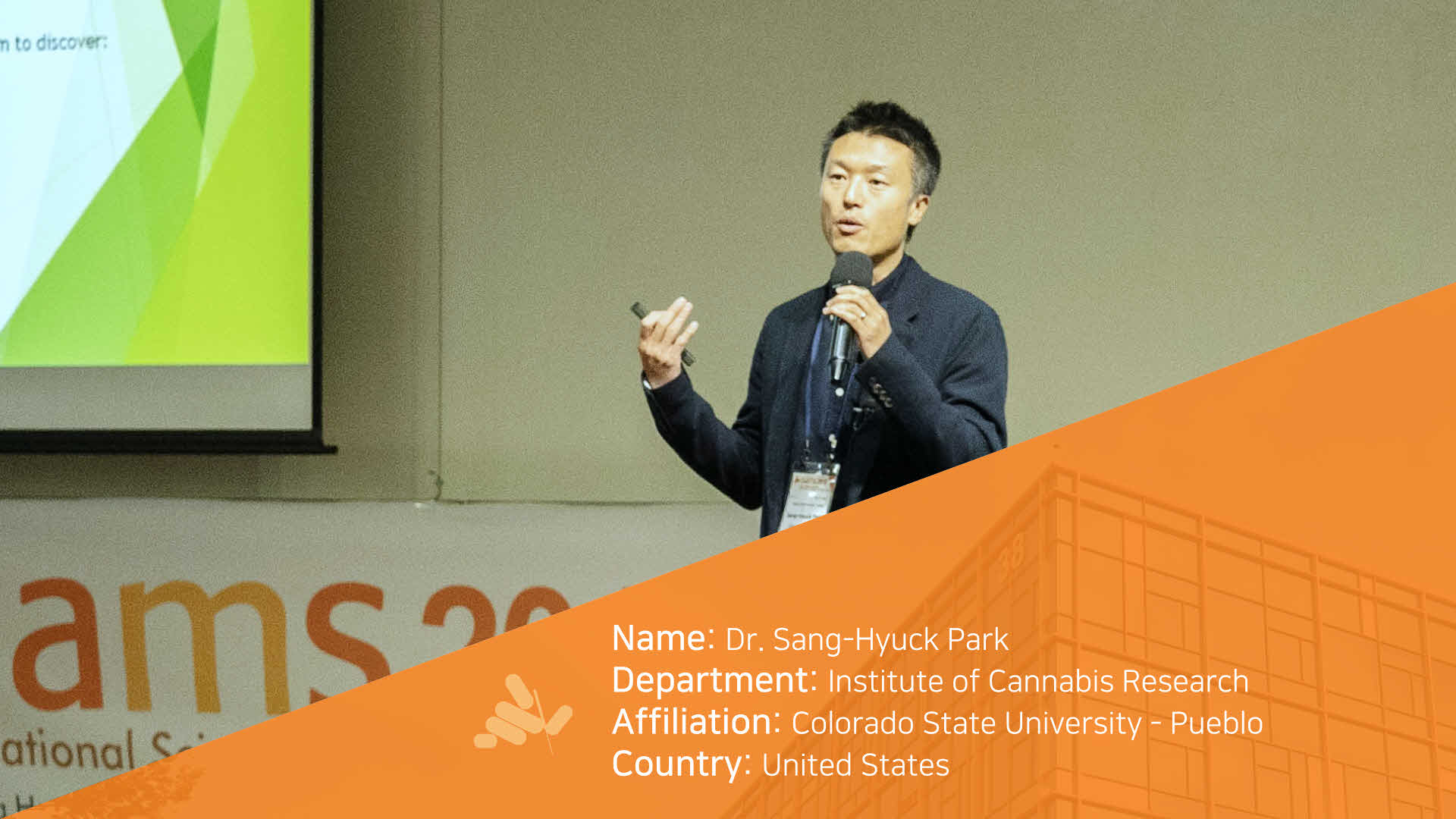온라인강의

강의소개
Title:
Therapeutic Implications of Cannabidiol for Humans
Keywords: Cannabis,
Cannabinoids, Cannabidiol, Epilepsy
Abstract:
Cannabis sativa L. has long been used as an
agricultural commodity for fiber and seed oil production. Recently, these
plants have garnered public attention due to their therapeutic potential.
Cannabidiol (CBD) is one of the naturally occurring cannabinoids in the
cannabis plant. CBD is a potent regulator of neurotransmission, indirectly
modulating a number of neurological and psychiatric responses by interacting
with both cannabinoid receptors (CB1 and CB2) and non-CB receptors (e.g.,
vanilloid-type 1 receptor, 5-hydroxytryptamine (5-HT), and γ-aminobutyric acid
(GABA)). Unlike Δ-9-tetrahydrocannabinol (THC), CBD has no psychoactivity,
exhibiting no effects indicative of any potential for abuse or dependence. Over
the past decades, CBD has been studied for its therapeutic potential as an
anti-inflammatory, antioxidant, neuroprotectant, anticonvulsant, anti-panic,
anxiolytic, antidepressant, analgesic, anti-tumoral agent, and anti-psychotic
substance. In mice infected with the Dravet syndrome, CBD effectively reduced
seizures and autistic-like social behaviors. The effects CBD exhibited were
mediated through antagonism of the non-CB receptor, G protein-coupled receptor
(GPR) 55. Additionally, recent clinical studies have also supported the mouse
study and found that CBD tremendously reduced the frequency and severity of
chronic seizures while increasing the quality of life in humans with epilepsy.
CBD is not only limited to the treatment of epilepsy but also shows efficacy
for a wide array of different human disorders, ranging from cancer to chronic
neuropathic pain, which reflects the broad spectrum of molecular targets. With
the legalization of cannabis for medicinal purposes globally, an increase in
pre-trials and clinical trials are anticipated and should facilitate
exploration of the unknown therapeutic functions of phytocannabinoids.
강사소개
Dr. Park completed his B.S. in microbiology
at Chung-Nam National University, South Korea, his M.S. in Plant Pathology at
the University of Arkansas, Fayetteville, and his Ph.D. in Plant, Soil and
Microbial Sciences at Michigan State University. As a postdoctoral fellow, he
joined the Department of Plant Sciences at the University of Arizona. Before
joining the Cannabis research team, he worked for 2 years at the Genomics and
Bioinformatics Research Unit, United States Department of Agriculture
(USDA)-Agriculture Research Service (ARS) as a molecular biologist.
Since 2018, Dr. Park has served as a senior
scientist/research liaison in the Institute of Cannabis Research (ICR). Dr.
Park has been leading a multi-tiered research project to seek insights into fundamental
cannabis biology and cannabinoid chemistry. Additionally, he conducts a variety
of research projects to explore the unknown therapeutic uses of cannabidiol
(CBD). More therapeutic explorations of individual cannabinoids and in the
mixture with other minor cannabinoids are planned to utilize different human
cell lines and mice model system.